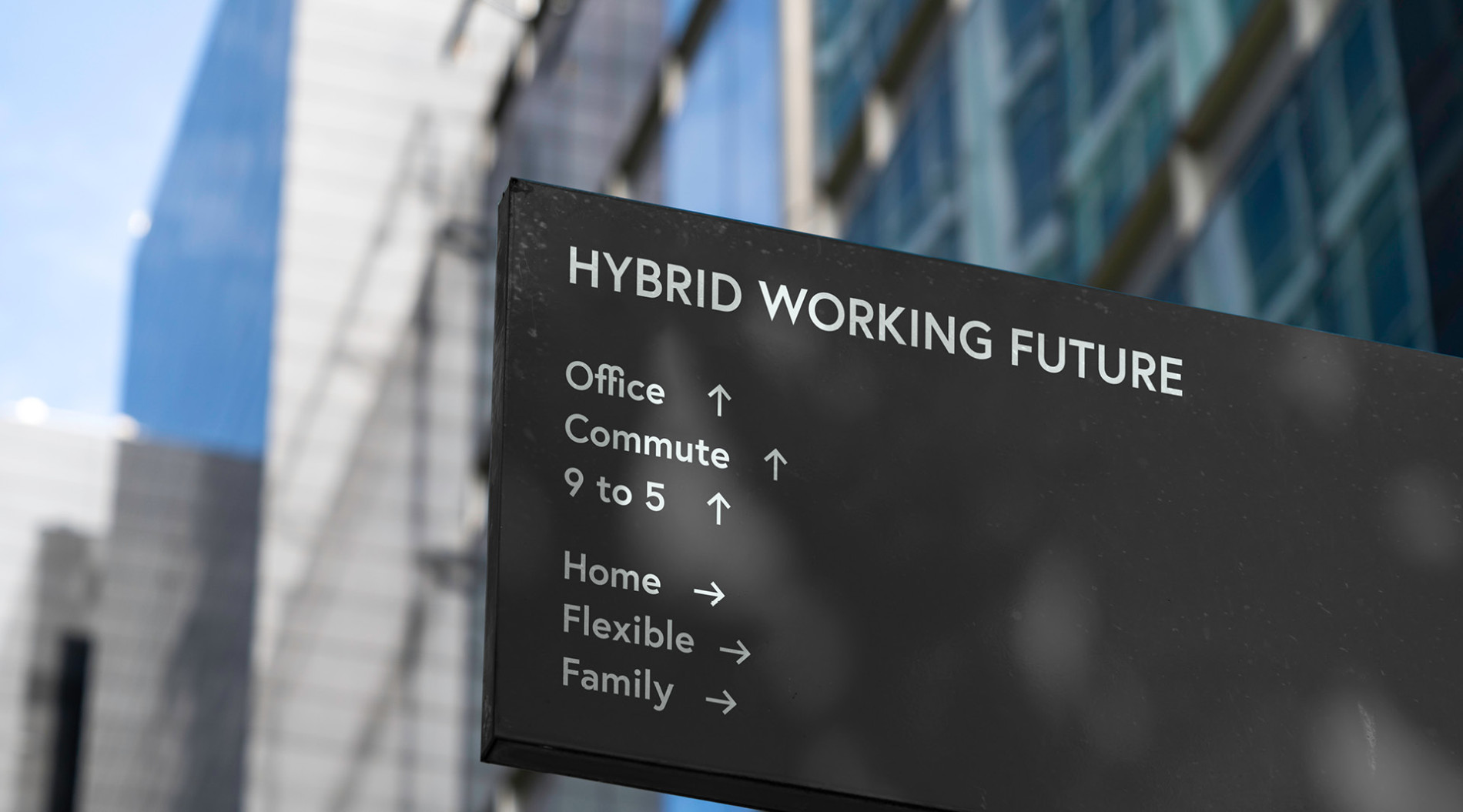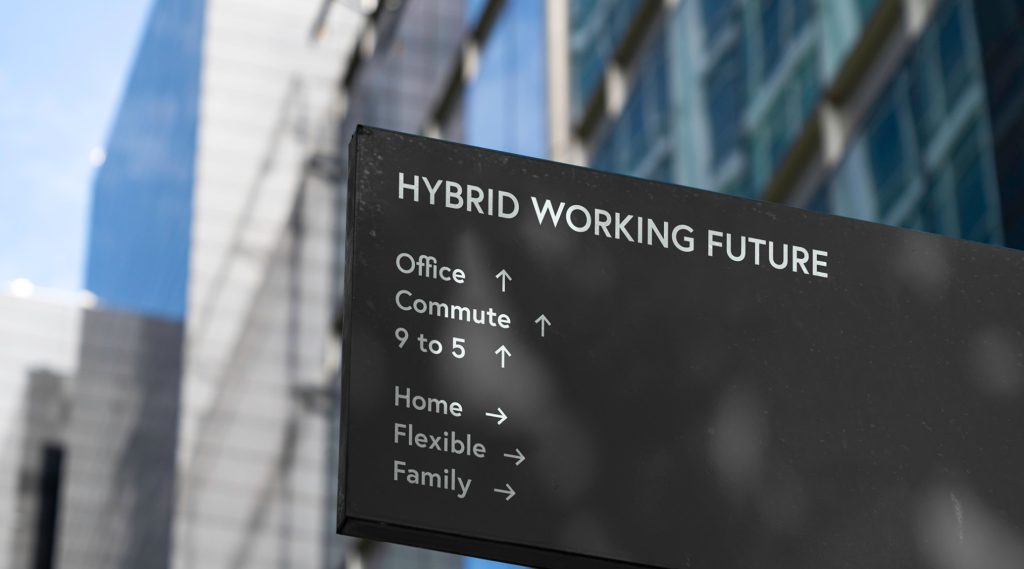How to Create a Positive Workplace Culture Post-Covid
After a year of upheaval, many organisations are trying to adapt to a new normal. This goes beyond bouncing back from financial struggles or adopting new systems to manage a remote workforce. A positive corporate culture is essential for a company to thrive and, now more than ever, this must be prioritised.
What exactly is ‘corporate culture’?
While the term ‘corporate culture’ may be thrown around a lot these days, it’s often not clearly defined. But to foster a positive culture in your organisation, it makes sense to first understand what that means. Basically, corporate culture is ‘the way things are done’ in an organisation. This includes everything from the language and behaviours used, to workplace norms. Back in 2017 – a.k.a. the ‘before times’ – Adecco spoke to Stan Slap, management consultant and author of Under the Hood: The Stunning Power Hidden Inside Your Employee Culture. He illustrated that culture is company-wide by dividing it into three key areas – manager, employee, and customer. As he explained further, “A company can gain financial commitment, intellectual commitment and physical commitment but those combined aren’t as important as emotional commitment.”
Creating the right company culture in 2021
Although we are still dealing with unknowns and it is hard to predict what’s to come, this is the perfect time to foster your organisation’s culture. As Kristofer Karsten, Head of Human Resources at Ceridian Europe, points out, “There’s a real window of opportunity during this crisis to get that culture, that people-driven leadership, right.”
Here’s how to create a positive workplace culture going forward:
Adaptability is key
Research has shown that having a strong corporate culture that is shared throughout the organisation is not enough. Culture needs to be flexible to adapt to changes in the world of work. Companies that possess an adaptable corporate culture earn 15% more annually in revenue compared to those who are less flexible. This goes for your workforce, too. Existing employees who have weathered the storm with you should be recognised and rewarded, while candidates who demonstrate resilience and flexibility will be of value to the team.
Provide flexible working
Remote working increased due to the pandemic and it looks like it is here to stay. A recent report by HRM revealed that three quarters of employees are more open to working remotely than before the pandemic. So, this is the time to assess your organisation’s working patterns. This could mean offering remote work permanently, or implementing hybrid working schedules. Whatever your strategy going forward, it needs to have flexible working in mind. This allows employees much-valued autonomy and sends a clear message that you trust your workforce. Moreover, it demonstrates a care for employees’ needs and attention to their work-life balance.
Prioritise transparency
Multiple studies have found that transparency is the top factor for determining employee workplace happiness. When an organisation is open and transparent with its workforce, it drives innovation and strengthens trust. This goes beyond believing in the company; employee relations are enhanced. Especially during these uncertain times, creating an atmosphere of trust and honesty is crucial. This includes being open about financial results and using online portals where employees can view performance and future strategies.
Listen to employee needs
For a more productive and engaged team, pay attention to what your employees say. Always be willing to adapt – this should be the organisation’s mantra going forward – and focus on what will make employees happy. This could be providing adequate equipment for remote working, offering online courses for upskilling and reskilling, or simply providing a flexible working schedule. If requests are not feasible, open a discussion, and see if there can be some compromise. This demonstrates that it is safe to ask questions without repercussions.
Celebrate whenever possible
Even if it must be virtual, it’s important to keep staff morale up. Celebrations can be about a team’s successful project, birthdays, or recognition that you’ve made it through a tough time. For virtual parties, you can still foster a celebratory spirit. One media company last Christmas sent employees ‘party boxes’ full of snacks and drinks that they could enjoy during the virtual gathering. It may not be the same as in-person of course, but it shows a genuine care for employee wellbeing and fosters a team spirit.
Be available
Communication is key in building a good company culture. Many people are working from home and that can feel isolating. It’s important to keep feedback consistent. Set up regular team meetings to encourage collaboration and innovation, and 1-on-1 meetings to ensure each employee has the chance to voice concerns in a safe space. On this same note, not all communication needs to be 100% focused on work. Make sure employees know who to turn to if they are struggling and set up informal virtual chats to keep the team morale high.
Make empathy part of leadership
Research by Hack Future Lab has revealed that 83% of executives see empathy as essential in maintaining a thriving workforce post-pandemic. Moreover, two thirds of employees would prefer working for a company that demonstrates empathy. To start with, leaders should be self-aware. This involves assessing what areas need improvement and getting employees’ feedback is a great way to do this. Jill Geisler, Media and Leadership Professor at Loyola University Chicago and author of Work Happy: What Great Bosses Know says, “I call it the million-dollar question: Is there anything you need more of or less of from me?” Pay attention to employee behaviour. While this is trickier online, you can still gauge from the tone of voice or facial expressions in a video call if an employee is struggling.
The world of work has transformed rapidly over the past year. While this has disrupted many organisations, it has also presented an opportunity to do better going forwards. By ensuring your organisation is adaptable, empathetic, and transparent, you can create a positive workplace culture that will thrive into the future.
If you would like to get information on the job market now, please contact our team today.











